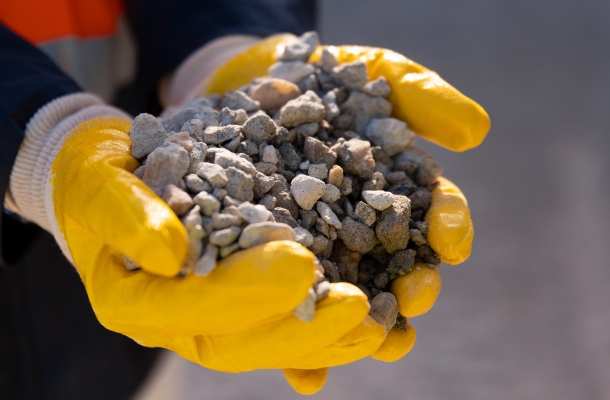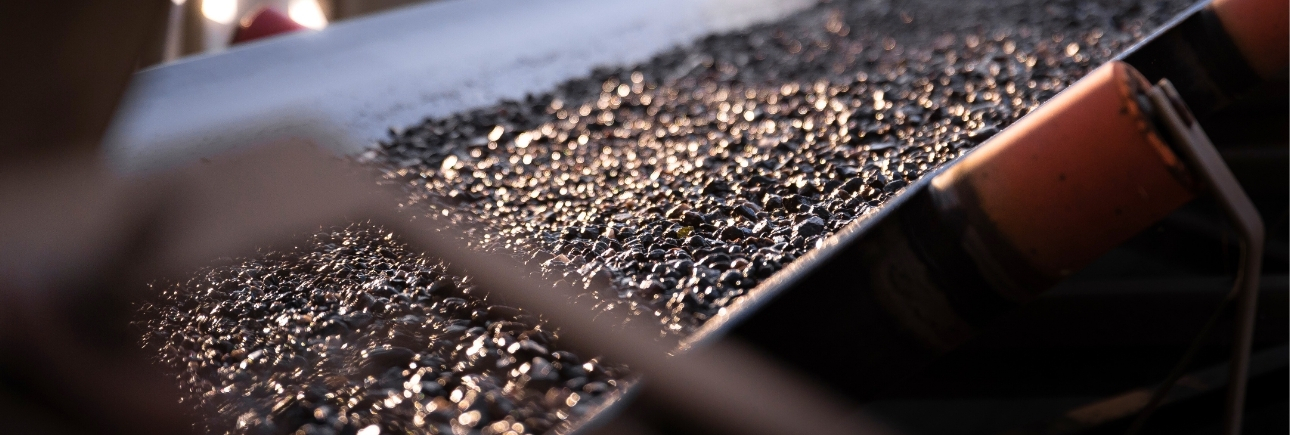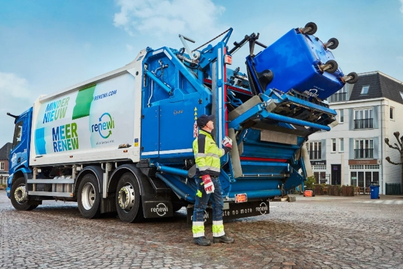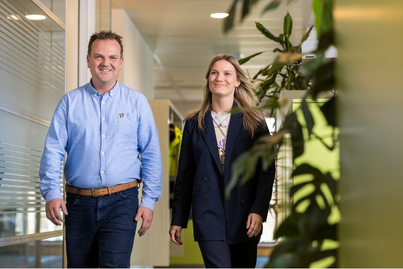We approach sustainability from two perspectives:
- Helping our customers achieve their sustainability goals by providing solutions that give new life to waste, reducing CO₂ emissions across supply chains, and ensuring compliance with evolving regulations.
- Reducing our own environmental impact by actively cutting CO₂ emissions and committing to social and environmental responsibility within our operations.
Our work aligns with six of the United Nations Sustainable Development Goals, ensuring our efforts make a tangible impact.








